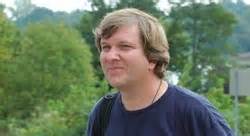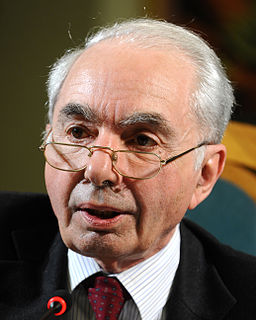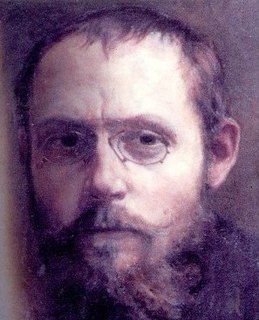A Quote by Francois de La Rochefoucauld
The violence we do to ourselves in order to remain faithful to the one we love is hardly better than an act of infidelity.
Related Quotes
Violence is the gold standard, the reserve that guarantees order. In actuality, it is better than a gold standard, because violence has universal value. Violence transcends the quirks of philosophy, religion, technology, and culture. () It's time to quit worrying and learn to love the battle axe. History teaches us that if we don't, someone else will.
I do believe that, where there is only a choice between cowardice and violence, I would advise violence. I would rather have India resort to arms in order to defend her honour than that she should, in a cowardly manner, become or remain a helpless witness to her own dishonour. But I believe that nonviolence is infinitely superior to violence, forgiveness is more manly than punishment.
If you never left anything or anyone there would be no room for the new. Naturally, to move on is an infidelity -- to others, to the past, to old notions of oneself. Perhaps every day should contain at least one essential infidelity or necessary betrayal. It would be an optimistic, hopeful act, guaranteeing belief in the future -- a declaration that things can be not only different but better.
By deafening ourselves to the emotional consequences of violence we have become confused by its relationship to sex. We have come to believe that violence equals aggression, and we have come to base our model of sexuality on our model of violence... converting an act of aggression into an act of consensual sexuality.
In Europe one needs to act ‘as if’ – as if what was wanted was little, in order to obtain much, as if States were to remain sovereign to convince them to concede sovereignty … The Commission in Brussels, for example, should act as if it were a technical instrument, in order to be able to be treated as a government. And so on by disguise and subterfuge.
In the nature of our existence, we must act to achieve values. And in order to act appropriately, we need to value the beneficiary of our actions. In order to seek values, we must consider ourselves worthy of enjoying them. In order to fight for our happiness, we must consider ourselves worthy of happiness.
There are problems connected with infidelity and problems connected with being faithful at any cost, and I am for letting those concerned choose the problems they'd prefer. There need not be one rule for all. Infidelity is enlarging and fragmenting and very very dangerous, but it has been known to retrieve people as well as marriages, so it can't be only bad.


































